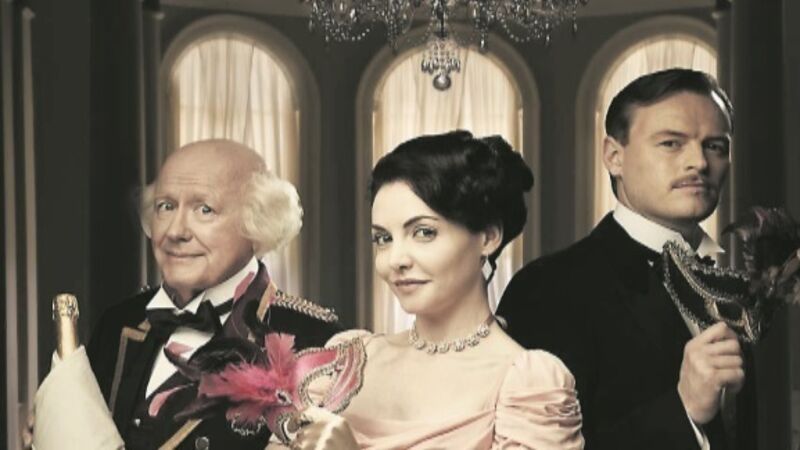George Bernard Shaw's 'You Never Can Tell' a mix of delight and provocation at the Abbey Theatre

AVING helmed Oliver Goldsmith’s She Stoops to Folly at the Abbey Theatre last Christmas season, director Conall Morrison is back at the national theatre again this Christmas with another comedy, George Bernard Shaw’s 1897 play You Never Can Tell. The production is a blend of delight and provocation, says Morrison.
“It’s a remarkable mix of farce and melodrama and straight drama,” he says. “It’s set in an English seaside town where a mother and her three children have returned after 18 years of exile in Madeira. The children are estranged from their father and so we’re plunged straight into a family drama, but with all sorts of twists.








